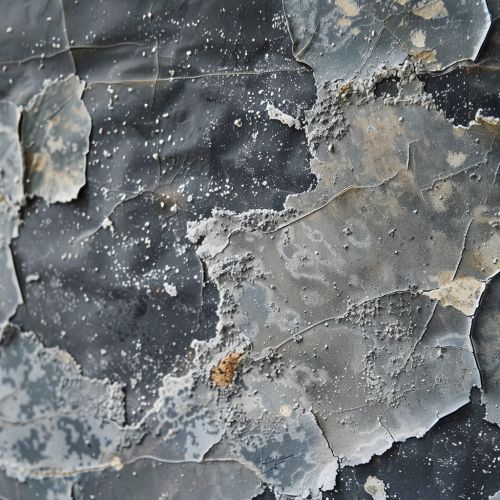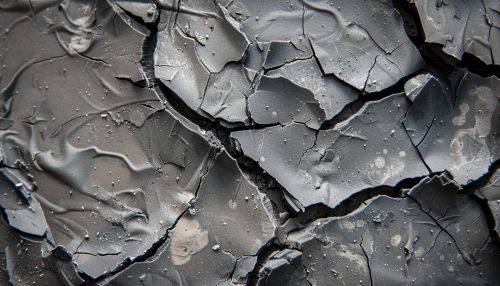Polymer Degradation
Introduction
Polymer degradation is a complex process involving the breakdown of high molecular weight macromolecules, known as polymers, into smaller, simpler molecules. This process can occur due to various environmental factors such as heat, light, radiation, and the action of chemicals or biological organisms. The degradation of polymers can have significant implications in various fields, including materials science, environmental science, and industrial applications.


Types of Polymer Degradation
There are several types of polymer degradation, each characterized by different mechanisms and resulting in different degradation products.
Thermal Degradation
Thermal degradation, also known as thermolysis, is the breakdown of polymers due to heat. This process typically involves the breaking of the polymer chains, leading to a decrease in the molecular weight of the polymer. The rate of thermal degradation can be influenced by factors such as the temperature, the duration of exposure, and the specific properties of the polymer.
Photo Degradation
Photo degradation involves the breakdown of polymers due to exposure to light, particularly ultraviolet (UV) radiation. This process can lead to changes in the physical and chemical properties of the polymer, including discoloration, loss of mechanical strength, and changes in the polymer's molecular structure.
Oxidative Degradation
Oxidative degradation occurs when polymers react with oxygen, typically in the presence of heat. This process can lead to the formation of various degradation products, including alcohols, ketones, aldehydes, and carboxylic acids. Oxidative degradation can be accelerated by the presence of catalysts or by exposure to UV light.
Hydrolytic Degradation
Hydrolytic degradation involves the breakdown of polymers due to reaction with water. This process is particularly relevant for certain types of polymers, such as polyesters and polyamides, which contain functional groups that can react with water.
Biodegradation
Biodegradation is the breakdown of polymers by biological organisms, such as bacteria, fungi, and algae. This process can involve both physical and chemical mechanisms, and can result in the complete mineralization of the polymer to carbon dioxide, water, and biomass.
Factors Influencing Polymer Degradation
Several factors can influence the rate and extent of polymer degradation. These include the environmental conditions, the properties of the polymer, and the presence of additives or other substances.
Environmental Conditions
The environmental conditions, such as the temperature, humidity, and exposure to light or radiation, can have a significant impact on the rate of polymer degradation. For example, higher temperatures can accelerate thermal degradation, while exposure to UV light can promote photo degradation.
Polymer Properties
The properties of the polymer, including its molecular weight, chemical structure, and physical properties, can also influence its susceptibility to degradation. For example, polymers with higher molecular weights are generally more resistant to degradation, while polymers with certain chemical structures may be more susceptible to specific types of degradation.
Additives and Other Substances
The presence of additives or other substances can also influence the degradation of polymers. For example, certain additives can act as stabilizers, slowing down the degradation process, while others can act as pro-degradants, accelerating the degradation process.
Implications of Polymer Degradation
Polymer degradation can have significant implications in various fields. In materials science, understanding the degradation behavior of polymers can help in the design of materials with desired properties and lifetimes. In environmental science, the degradation of polymers, particularly biodegradable polymers, is a key factor in the management of plastic waste. In industrial applications, polymer degradation can affect the performance and lifetime of polymer-based products.
